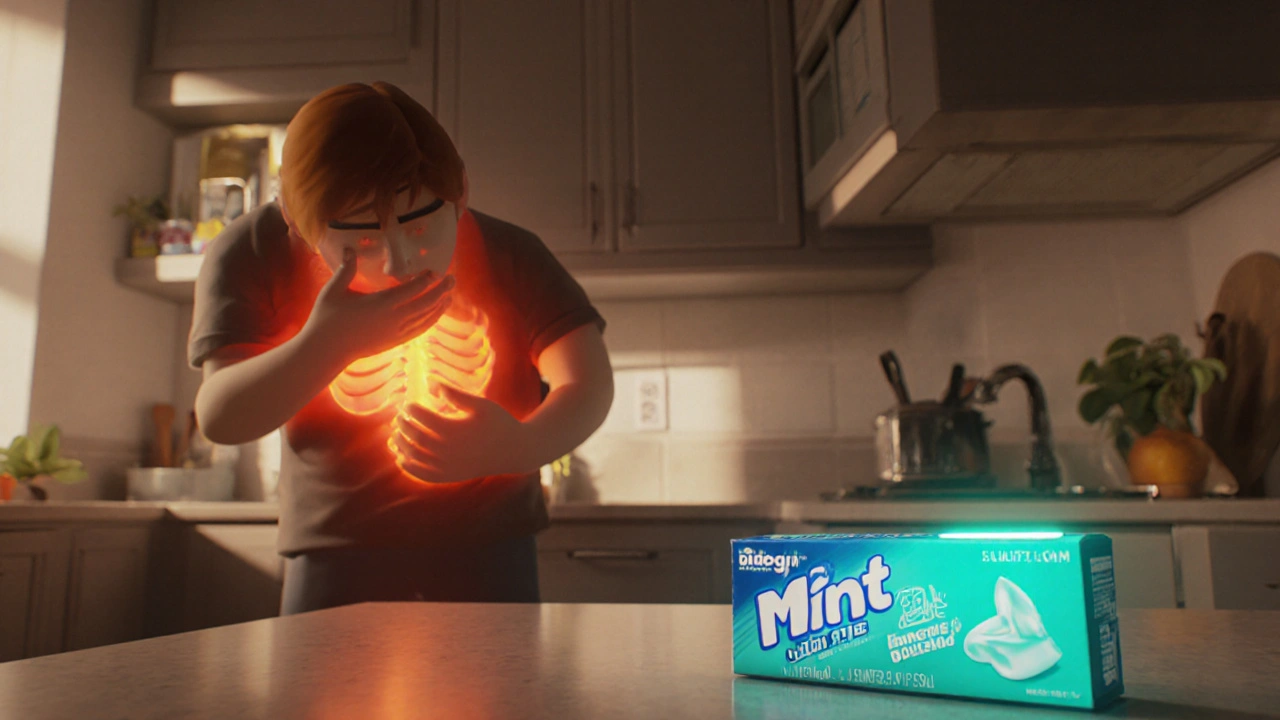Saliva – Functions, Issues, and What You Need to Know
When talking about Saliva, the clear fluid produced by your salivary glands that keeps your mouth moist and starts the digestion process. Also known as spit, Saliva does more than just wet your food; it lubricates speech, protects teeth from acids, and traps harmful bacteria. The flow of saliva is a constant, low‑grade river that washes away food particles and supplies enzymes that begin breaking down carbs. In short, saliva is the first line of defense for both your digestive tract and oral cavity.
Key Players in Your Mouth’s Chemistry
The most famous enzyme in saliva is amylase, an enzyme that starts breaking down starches as soon as you chew. This simple protein turns complex carbs into smaller sugars, giving you a quick energy boost even before food reaches your stomach. At the same time, saliva’s slightly alkaline pH creates a friendly environment for the oral microbiome, the community of beneficial bacteria that live on teeth and gums. A balanced microbiome fights off cavity‑causing microbes, reduces inflammation, and even influences breath freshness. Together, amylase and a healthy microbiome show how saliva links digestion with oral health.
When the balance tips, problems show up fast. Dry mouth, or xerostomia, occurs when saliva production drops below normal levels. This condition makes chewing and swallowing painful, raises the risk of cavities, and can lead to chronic bad breath. Common triggers include dehydration, certain medical conditions, and especially medication side effects, the reduction of saliva flow caused by drugs like antihistamines, antidepressants, and blood pressure pills. When your medication interferes with saliva, the protective wash‑away effect weakens, allowing harmful bacteria to proliferate and acid to erode enamel.
Understanding these connections helps you take action. Stay hydrated, chew sugar‑free gum to stimulate flow, and talk to your doctor if a prescription seems to dry out your mouth. You can also support the oral microbiome by limiting sugary snacks and brushing with fluoride toothpaste twice daily. If you notice persistent dryness, a simple saliva substitute or prescription mouth rinse can restore comfort and protect teeth. Below you’ll find a curated list of articles that dig deeper into how saliva works, why its composition matters, and what to do when it doesn’t behave as it should.

Chewing Gum Benefits for Heartburn Relief
- by Colin Edward Egan
- on 16 Oct 2025
Discover how chewing gum can ease heartburn, the science behind it, best gum choices, and practical tips for safe, effective relief.
